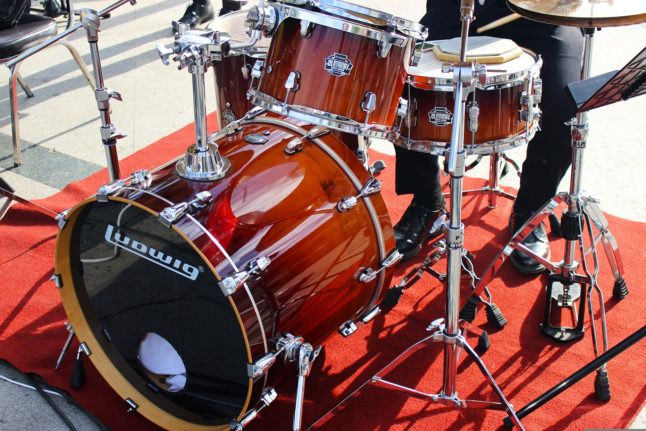Barking dogs, screaming children, or other noisy disturbances can be a huge headache for people living in apartment buildings where walls are sometimes too thin for comfort.
What is and isn’t considered an excessive noise, however, is not clear. It depends as much on your own tolerance level as what is generally perceived as sounds emanating from normal daily activities.
The latter means that every tenant has the right to use and enjoy their dwellings for activities compatible with daily life — for instance, talking in a normal tone of voice, listening to music playing at a reasonable volume, or taking a shower.
You can hardly complain about any of these activities or expect the neighbours to whisper and tiptoe around.
What does the law say?
Not surprisingly, it requires tenants to be considerate of other residents in the building, though this rather general statement leaves a lot up to individual interpretation.
Still, common sense dictates that playing a drum in the middle of the night or a dog howling at the full moon, are not most people’s definition of being considerate towards others.
Your rental contract may also set out rules to be followed, which could include noise ordinances.
What can you do when your neighbour is too loud?
If it is a rare occurrence (say, a birthday party once year), you may want to let it go. But if the noise is frequent and disturbing, there are some remedies available to you — other than earplugs, that is.
Before you bring out the big guns (figuratively speaking, of course), you could try a bit of diplomacy. Speak to your neighbours directly and nicely, explaining how loud they are being and how it disturbs you and your family.
In the best-case scenario, you will reach an amicable compromise and maybe even have a glass of wine together, which the Swiss are fond of doing in all kinds of situations; in the worst, you might have to file a complaint (by registered mail) with the landlord, detailing the times and nature of excessive disturbances, and asking them to act within a certain timeframe.
You can also, according to an official government website, mention to the landlord “that you will cease to pay rent if no improvement occurs within the said time limit, withholding the money in a separate account. You can ask for a reduction in rent so long as the disturbance persists”.
READ MORE: Nine ways you might be annoying your neighbours (and not realising it) in Switzerland
Should you call the police?
Noise ordinances, and therefore police regulations, vary from one community to community.
Generally speaking, however, the hours between 10 pm and 7 am are considered as quiet hours.
However, these hours may be more flexible on weekends, and certainly during holidays like the National Day and New Year’s Eve.
What else should you know about noise-related rules in Switzerland?
You might have heard that you are not allowed to flush your toilet at night, but this is more of an urban myth than reality —unless your toilet sounds like a jackhammer.
READ MORE: Swiss daily dilemmas: Can I flush my toilet at night?
Also, you must know by now that Sundays are sacred in Switzerland. They are considered as rest days so your neighbours’ (or your) peace and quiet should not be disrupted by a sound of a lawn mower, hedge cutter, or nail being hammered into a wall.
One thing you should definitely not complain about, especially if you are a foreigner, are church and cow bells — no matter how loud and incessant they are.
If you are a light sleeper, don’t rent in a building located near a church or a meadow.
And you should also avoid farmhouses with roosters, unless you live for early mornings.



 Please whitelist us to continue reading.
Please whitelist us to continue reading.
Member comments